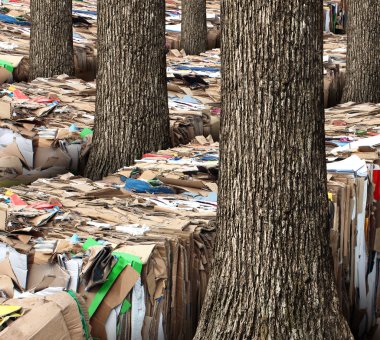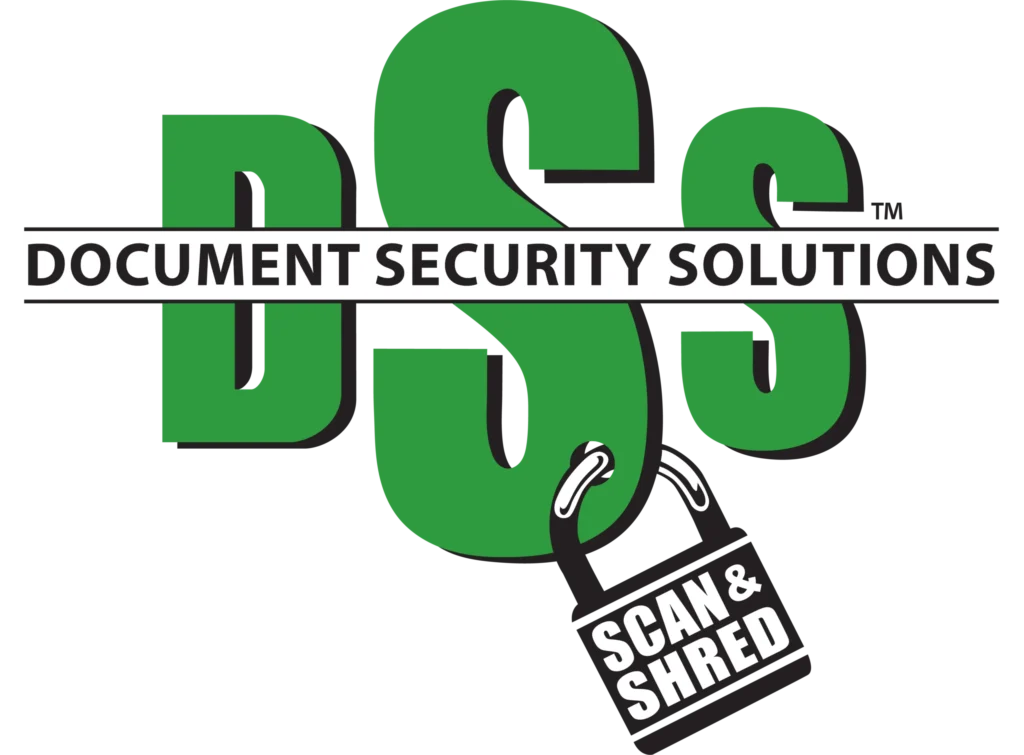Navigating the legal landscape of document disposal can feel like walking through a minefield. You’ve got to tread carefully, as one wrong step could lead to hefty penalties and lawsuits. Missteps aren’t just costly; they’re harmful to your reputation too. So let’s delve into the laws, consequences, and best practices that surround this tricky terrain, ensuring you’re well-equipped to avoid any potential pitfalls in your path.
Understanding Document Disposal and the Law
It’s crucial to understand the law when it comes to document disposal because you could face serious legal implications if it’s done improperly. Digital Document Disposal and Document Retention Policies are two areas where your knowledge needs to be sharp.
Digital Document Disposal refers to the process of discarding electronic files no longer needed or legally required to keep. This must be done in a manner that protects sensitive information from unauthorized access. Improper disposal can result in data breaches, lawsuits, significant fines and reputational damage.
Document Retention Policies, on the other hand, outline how long certain documents should be kept before they’re discarded. It’s important for you to familiarize yourself with these policies as failure to adhere could lead to accusations of spoliation, which is the intentional destruction of evidence pertinent in litigation.
The Role of Personal Information Protection in Document Disposal
Understanding the significance of personal information protection can’t be overstated, especially when it comes to getting rid of old files and records. As part of your commitment to identity theft prevention, you need to carefully manage data disposal.
1. Legal Compliance: Many jurisdictions have stringent laws that mandate the handling and destruction of personal data. Non-compliance might lead to hefty fines or legal disputes.
2. Protection against Identity Theft: Improper disposal could result in sensitive data falling into wrong hands, leading to cases of identity theft.
3. Mitigation of Data Breach Implications: Proper document disposal significantly reduces chances of a data breach, protecting both individuals’ privacy and company reputation.
Remember, careless handling not only exposes individuals to potential harm but also puts companies at risk for litigation and reputational damage. You’re legally obliged to safeguard personal information from unauthorized access or disclosure through proper document disposal procedures.
In essence, understanding the role personal information protection plays in document disposal is vital for both compliance with legal obligations and effective identity theft prevention strategy implementation. Always consider the possible data breach implications before disposing any confidential documents or records improperly.
Legal Consequences of Negligent Document Disposal
Neglecting to properly discard confidential files can land you in hot water with the law, leading to severe penalties and fines. A ‘Penalties Assessment’ may be conducted by a regulatory agency, which could result in substantial financial loss for you or your business. Furthermore, ‘Negligence Liability’ is a legal concept that could hold you accountable for any harm resulting from your disregard of proper document disposal.
To better understand the possible consequences of negligent document disposal, consider this table:
| Legal Term | Potential Consequences |
| Penalties Assessment | The imposition of hefty fines or sanctions, potentially causing significant financial strain on your business operations. |
| Negligence Liability | You could be held legally responsible for damages if the mishandled documents lead to identity theft or other forms of harm. |
Case Studies on Lawsuits Stemming From Improper Document Disposal
Let’s delve into real-life scenarios where companies faced lawsuits due to careless handling of confidential information. These cases highlight the severe repercussions of document disposal fraud and the identity theft consequences that can ensue.
1. Case One: Financial Institution Fiasco – A leading bank was sued for discarding loan applications with sensitive data in public trash bins, resulting in massive identity theft. The lawsuit resulted in multi-million dollar settlements and a damaged reputation.
2. Case Two: Healthcare Hazard – A hospital faced litigation after patient records were found unshredded in dumpsters, violating HIPAA requirements. This breach led to personal injury claims from victims of identity fraud and hefty fines for non-compliance.
3. Case Three: Retailer Ruin – A prominent retailer was accused of improperly disposing customer credit card receipts, leading to widespread fraudulent charges. The ensuing class-action lawsuit led to significant financial loss and a blow to customer trust.
From these examples, it’s clear that negligent document disposal can lead to serious legal implications including penalties, damages, and reputational harm. As such, it is imperative that you handle confidential documents with utmost care to avoid similar predicaments.
Best Practices for Proper and Legal Document Disposal
You’re about to delve into the intricate world of secure shredding techniques and legal disposal requirements. It’s crucial you understand not just the methods, but also the legal implications of failing to appropriately dispose of sensitive documentation. Mistakes in this area can lead to severe penalties under data protection laws, so we’ll explore in detail how you can ensure your practices are both effective and legally compliant.
Secure Shredding Techniques
Understanding secure shredding techniques can significantly reduce your risk of facing legal issues due to improper document disposal. As shredding technologies evolve, so too must your understanding of the environmental impacts of shredding.
1. Cross-Cut Shredders: These devices cut paper into confetti-sized pieces, providing an improved level of security compared to strip-cut shredders.
2. Micro-Cut Shredders: They produce even smaller fragments for maximum security, ensuring that your documents can’t be reconstructed and used unlawfully.
3. Green Shredding Techniques: Some modern machines perform high-security destruction while minimizing energy use and waste production, aligning with environmental sustainability goals.
You’re legally obligated to dispose of sensitive information responsibly. Failing to do so could result in severe penalties. By staying abreast with evolving technology and considering its environmental impact, you protect both yourself and the planet.
Legal Disposal Requirements
Navigating the requirements for responsible data destruction can be challenging, but it’s critical to avoid hefty penalties. As you endeavor to comply with legal disposal requirements, you’ll encounter the necessity for Disposal Permits. These permits are granted under strict regulations and scrutiny, ensuring that the disposal methods adhere to environmental and data safety laws.
Improper document disposal has far-reaching ramifications beyond immediate penalties. It could leave a lasting Environmental Impact due to irresponsible waste management practices. Additionally, sensitive data falling into wrong hands may lead to devastating legal implications such as identity theft or violation of privacy rights.
Always remember: your actions today have potential consequences tomorrow. Make sure you’re responsibly disposing of documents; it’s more than just a legal obligation-it’s a commitment to our planet and its inhabitants’ security.
Potential Reforms in Legislation for Document Disposal
Potential reforms in legislation for document disposal can’t be ignored, given the increasing cases of data breaches and identity theft. The current legal framework has significant legislation gaps that could potentially accommodate various forms of data misuse. It’s vital to anticipate future predictions about information security threats and correspondingly adapt our legislative measures.
1. Expansion of Legal Scope: The existing laws must be broadened to cover all types of documents and media containing sensitive information. They currently focus primarily on printed materials, leaving room for digital loopholes.
2. Strict Enforcement Measures: There should be more stringent penalties for non-compliance with document disposal regulations. This would deter potential offenders from careless handling or improper destruction of confidential records.
3. Mandatory Disposal Protocols: Legislators must establish specific guidelines dictating how businesses should dispose of their obsolete documents securely.
In essence, you need to keep an eye on these potential changes as they could significantly impact your operations and compliance requirements. These reforms are not only essential in safeguarding against data breaches but also important in establishing a comprehensive legal framework that is adaptable to evolving technologies and emerging threats.
Frequently Asked Questions
What Is the Estimated Cost of a Lawsuit Resulting From Improper Document Disposal?
It’s challenging to pinpoint an exact cost for lawsuits from improper document disposal. Factors include data breaches consequences and identity theft risks. However, you could face millions in fines, legal fees, and restitution payments.
How Does Improper Document Disposal Impact the Environment?
Improper document disposal shortens a document’s lifespan and hampers recycling implications. It contributes to environmental degradation by clogging landfills, polluting waterways and consuming valuable resources such as trees for paper production.
What Are Some Reputable Organizations That Offer Professional Document Disposal Services?
You’re inquiring about reputable organizations for document disposal. Consider ‘Document Disposal Technologies’. They offer secure disposal benefits, ensuring your confidential data is safely discarded, mitigating any potential legal and privacy risks.
Can Improper Document Disposal Affect a Business’ Reputation and Customer Trust?
Yes, improper document disposal can gravely affect your business’ reputation and customer trust. Data breaches due to carelessness can result in lost customer retention, damaging your credibility in the market significantly.
Are There Specific Industries That Are More Susceptible to Legal Issues Stemming From Improper Document Disposal?
Yes, industries handling sensitive data like healthcare, finance, and legal are more susceptible to privacy breaches and regulatory compliance issues due to improper document disposal. They’re often the hardest hit by penalties.





